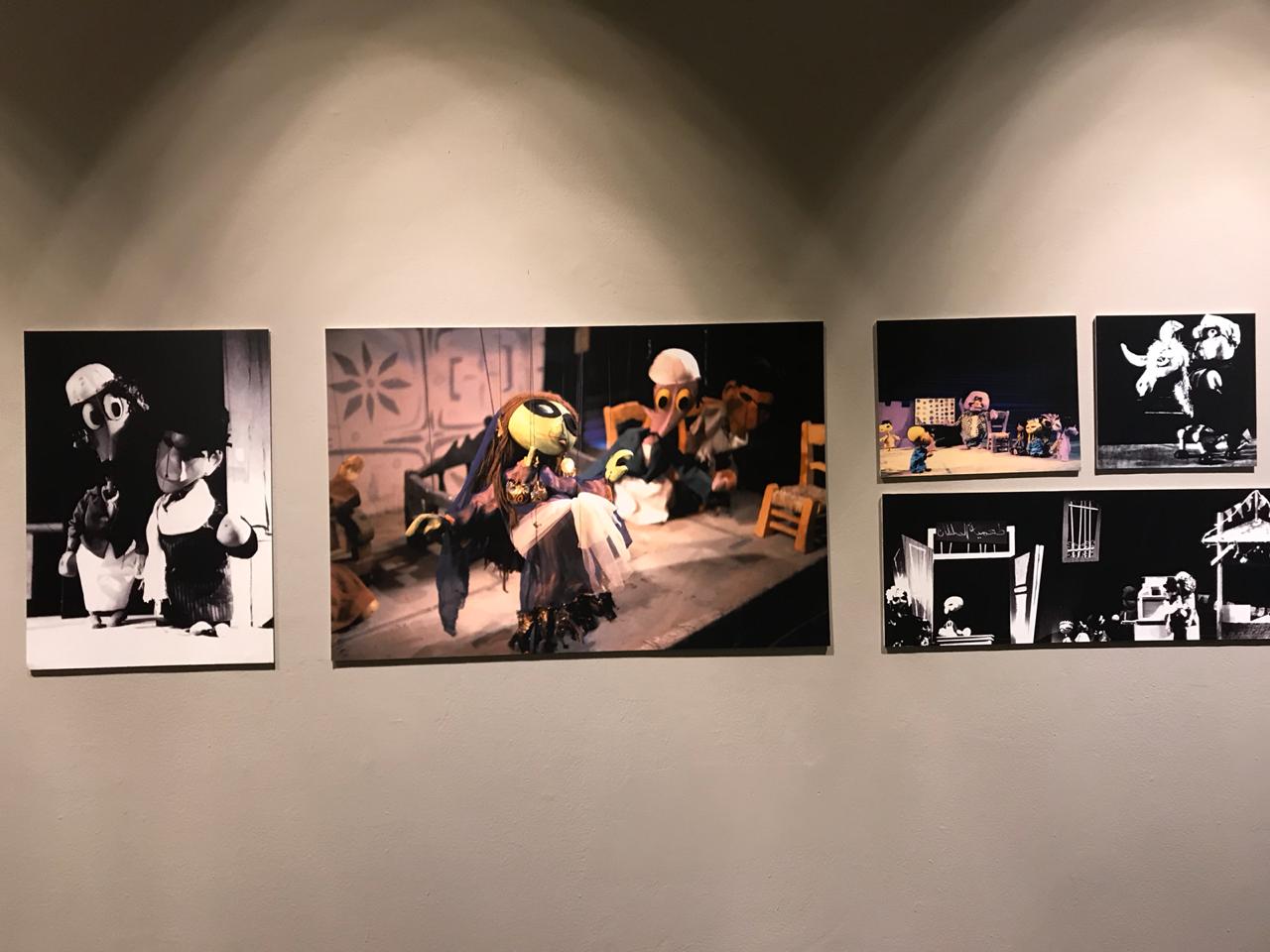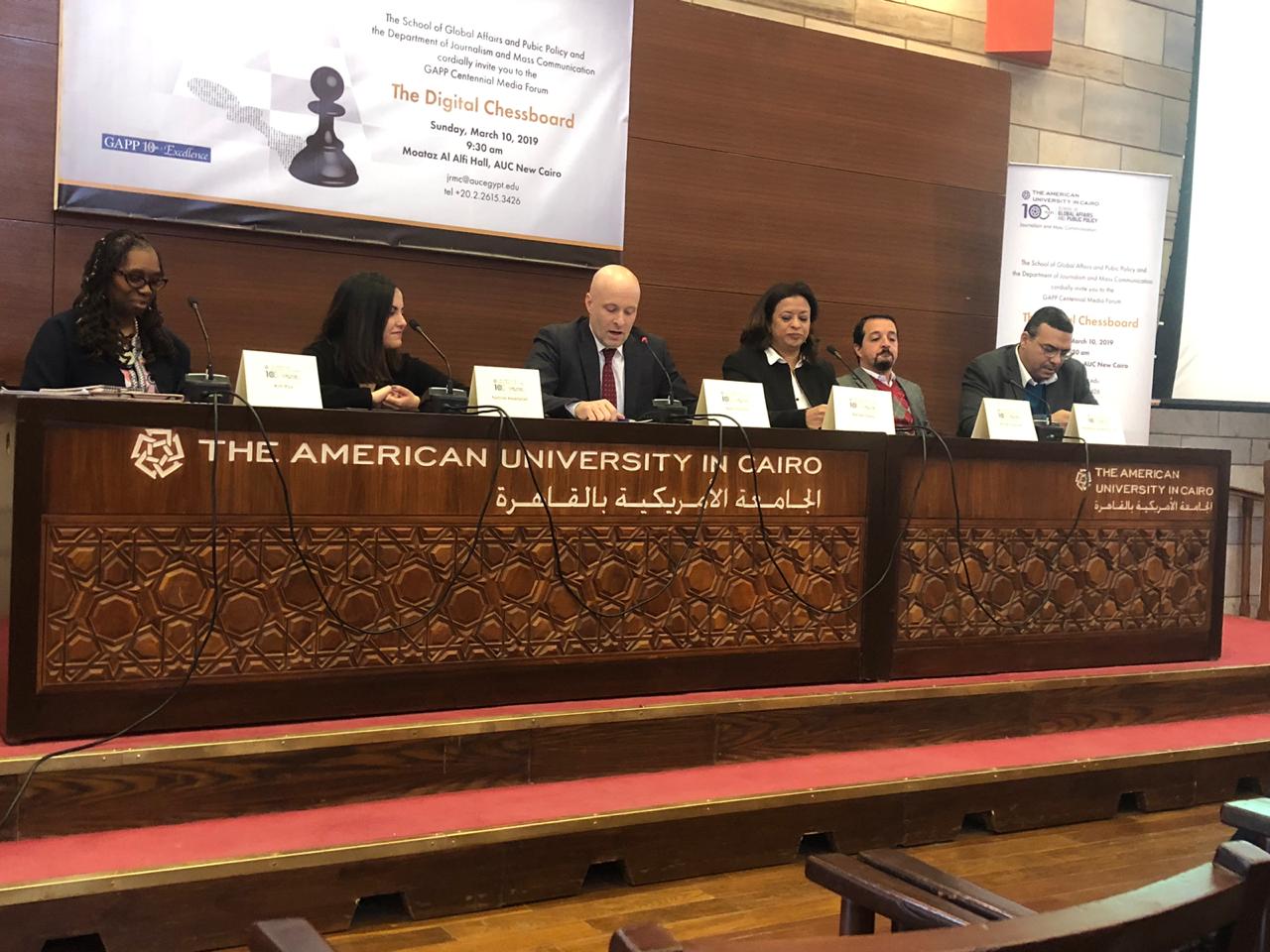Problem of SSE’s ‘Hidden’ Labs is Moving Toward Resolution
- Reporter: Salma Abdelnasser
- Editor: Shahd Atef
- Photographer: Malak Hosny
Recent efforts by the Student Union and various departments at the School of Sciences and Engineering (SSE) to resolve the issue of ‘hidden labs’ appear to be paying off.
SSE students had in recent years cried foul about unofficial lab requirements, often referred to as “hidden labs”.
Originally designed to be extra support tools, these labs have throughout the years morphed into unofficial requirements with professors expecting student presence and participation, even if the labs are not specified in their syllabi.
“I didn’t ask for more hours,” said Shahd Gamal, an Architecture senior, highlighting her distress. “I enrolled in a course with a specific number of credit hours, and now I’m suddenly required to attend additional labs that impact my grade. That’s not fair.”
Previous attempts to address the issue and allay student concerns had failed until the SU and some SSE departments collaborated in an effort to best serve academic needs and alleviate the burden on students.
Hoda Saad, Executive Assistant to the Chair of the Chemistry Department, told The Caravan that they have been implemented, ensuring that hidden labs are now formally recognized as part of the courses to which they were affiliated.
Saad explained that during a senior meeting last November, the department decided that each lab would count as one credit, while the main course associated with the lab would be worth two. These credits would be included as part of the total 140 credit hours required for graduation for SSE students. There will be no extra fees to pay.
As a result, students will no longer be required to take any additional uncredited labs since hidden labs have been dropped for this semester and replaced with approved labs on the course catalog and syllabus, with corresponding attendance and participation grades.
“We have ensured that no student has to come to extra lab sessions beyond what they paid for. Now, labs are all included in the course plan with clear explanations regarding grading instituted.”
Students must register for both course CRN and lab CRN together to ensure sufficient enrollment.
Ahmed Desouky, a Student Union representative outlined that starting next [fall 2025] semester, changes will include removing a graded attendance system and including information about additional lab sessions in the syllabus so that students are aware from the start.
“Now, students who need extra help can access it without feeling forced, while those who prefer independent study won’t face unnecessary obligations,” said Desouky.
The SU held a survey in 2024 to further understand student perspectives. The results showed that at the time 78% reported feeling overwhelmed with the additional lab time, citing increased academic stress and time management problems.
But some students say they never had a problem with the extra labs.
Youssef Farouk, a Mechanical Engineering junior, believes requiring attendance at these ‘hidden labs’ is an understandable decision.
“Let’s be honest, no one would show up if there were no attendance grades,” he said. “The professor would likely cancel the sessions altogether because they wouldn’t be worth their time.”
Mariam El Hassan, a Mechanical Engineering senior, agreed and emphasized that professors go out of their way to offer additional support, and that requiring attendance is a reasonable expectation.
“They’re giving us extra help for free. Why would anyone be upset about that?” she said.
In the meantime, students are applauding the Chemistry Department’s initiative and calling for other SSE departments to follow suit.
Other SSE departments, however, have not been as transparent.
Not only does the department of Electronics Engineering hold hidden labs, they also possess three ‘disguised labs.’
“These labs have been in the program for years and are meant to reinforce students’ knowledge of fundamental engineering principles,” Mohamed Mostafa, Technical operations Manager in the Department of Electronics Engineering said. “They give students hands-on experience that directly relates to the learning objectives of our courses, which is why they will remain as they are.”
Mostafa added that based on the department’s academic performance, it is clear that these labs are benefiting students.




